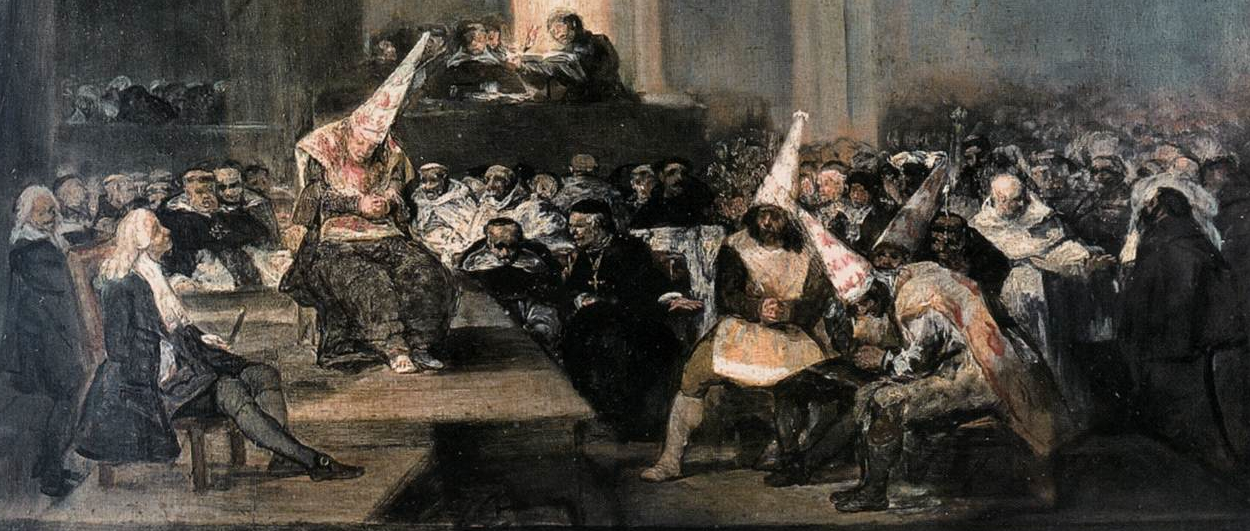
While a number of businesses and organizations are initiating public service campaigns to combat cyberbullying, governments are realizing the utility of online shaming.
In response to a rash of recent suicides, the French Labor Minister, Xavier Darcos, has directed over two thousand French firms to craft anti-stress strategies with the aid of unions by 2010. Companies who do not have a plan in place by the deadline will be named publicly on a dedicated government website.
Now right off the bat, let’s acknowledge that this approach to suicide is fairly awesome. First, the government is aggressively addressing an insidious problem. Second, a public listing seems to be the only sanction for those companies that fail to comply. We’re bringin’ shaming back!
Public shaming, after a centuries-long winning streak, had largely fallen out of favor in the western world during most of the 20th century. Sure, there were the odd blips now following wars: e.g., the French sheered female collaborators. And every now and then a judge would get creative: e.g., an American Judge ordered a purse thief to wear tap shoes (People v. McDowell, 130 Cal. Rptr. 839 (1976)). But these were largely overshadowed by attempts to make punishment seem civilized and mechanistic.
But you can’t keep a good practice down, and since the 90’s, shaming has been making a comeback. (Outside the strictly governmental sphere, "naming and shaming" has also become a popular strategy for policing human rights violations.)
And now, with the Internet, governments have discovered a global whipping post. It seems that this has largely been directed against individuals. Earlier this year, a French court ordered Numerama, a news site that serves many users in the P2P community, to publish the names, birthdates, and sentences of convicted file sharers. Many states have relied on deadbeat websites to collect back taxes.
Some commentators (including myself) and jurists are not big fans of this approach as applied to individuals. But hey, it seems vaguely legal, and that's good enough for most.
Now, it looks like at least some governments are harnessing the powerful forces of shame in the name of corporate regulation. And just as in Olympic fencing, France seems to be in the lead. While the United States currently has some lists of corporate offenders (think toxic waste dumping), these catalogues of misdeeds are not widely effective. But maybe, with the advent of Twitter and other social media tools, consumers can quickly find out who to boycott and why. I imagine an app:
The Shame Game: You rank the issues that are important to you:And when you are done, the app spits out the top 10 or 20 companies you should avoid at all costs, with a little bio describing their verified offenses. Coders, get cracking!1. Child Labor
2. Pollution
a. Air
b. Water
In case you think this approach is insane, I point you to the many examples of successful corporate shaming in the form of consumer-oriented gripe sites. The Consumerist (think a snarkier, more entertaining version of Consumer-Reports) achieves wonderful results for wronged customers by placing offending corporations in the digital stocks. (Sometimes, though, a shamed company will take umbrage.)
A policy of government endorsed shaming can "inflict disgrace and contumely in a dramatic and spectacular manner" (Goldschmitt v. State, 490 So. 2d 123, 125 (Fla. Dist. Ct. App. 1986)). This power has been used by various regimes to destroy the lives of individuals. Now the Internet has increased the scope of humiliation beyond Torquemada's wildest dreams. Seems only fair that governments direct this weapon at some larger prey.
(Andrew Moshirnia is a second-year law student at Harvard Law School. He asks that you please stop shaming him, he has endured enough.)




